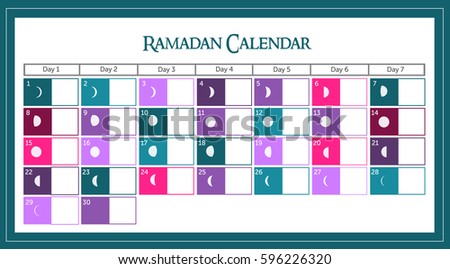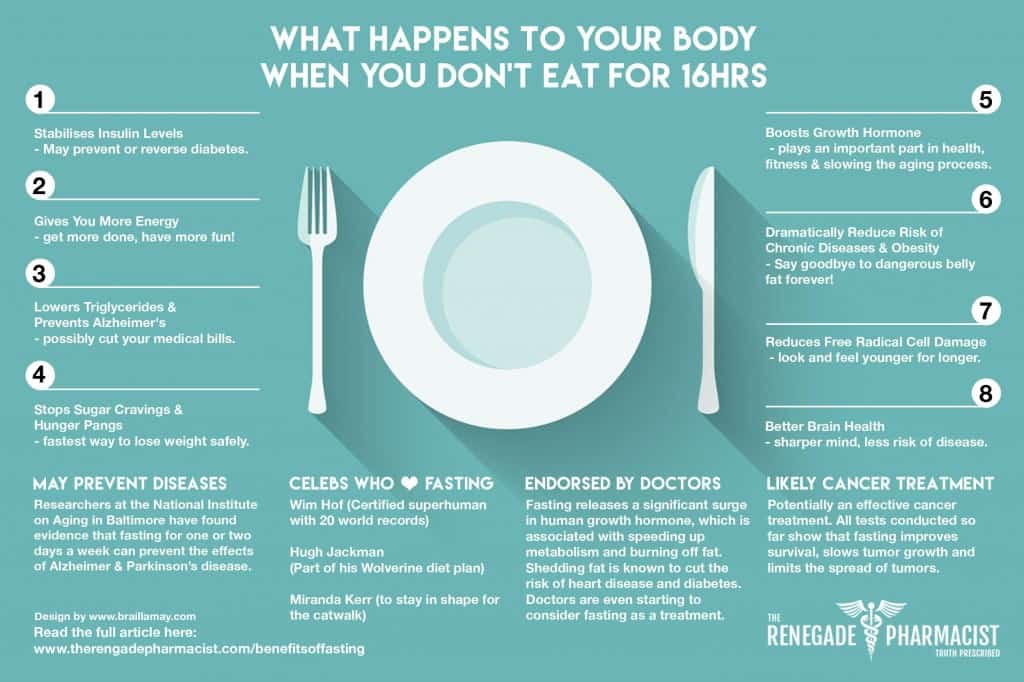About The Holy Month of Ramadan
Ramadan is not the name of a holiday as opposed to popular beliefs, but rather it is the name of a month, much like January, February, March and such months that we are used to.
It may have some to your attention, but Ramadan does not take place during the same time every year. Meaing, Ramadan has lived through every single season.
Why is this so?
In Islam, the days are governed by the positionning of the moon. The days are therefore based off of a lunar calender, and Eid day is also therefore determined by a moon sighting. Actually, the first of Ramadan is charaterized by a moon sighting. More specifically, the moon is in a crescent shape. On the other hand, the last day of Ramadan is characterized by no sighting of the moon; just a clear sky. No moon in sight would mean that Eid is the following morning.

Facts
- It is absolutely wrong to fast on Eid day.
- Fasting druing Ramadan is one of the five pillars of Islam
- Menstruating women, pregnant woman, the elderly, people who are ill, people who are travelling, athletes at tournaments, are not obliged to fast. However in the particular case for menstruating women, these women must make up the fasts that they've missed after Ramadan as it is prohibitted for them to fast during their period.
- Muslims fast from sun dawn to sun set. This means that the hours do vary depending on your geographical location and time of year given that you are in Montreal. Therefore, fasting during the winter is particulaly nice as the day is very short and passes quick.
There are numerous facts of course, many of which can be found anywhere on the internet.
WHY do Muslims Fast?
Muslims fast for a plethora of reasons.
Firstly, during the Month of Ramadan, Muslims reevalute the state of their lives. Not only does the month consist of fasting, but also continuous prayer, modest dressing, and abstaining from lawful sexual activities (only when fasting), or doing anything that is ill-natured.
This month serves to show one's devotion to god and their faith and gives Muslims a chance to reborn with a fresh start. It is said that during this month, satan is "locked up" and therefore we should have ample focus on performing good deeds.
Secondly, Ramadan is also a humbling experience and allows us to experience the suffering but devotion and hopefulness of those who are deprived of basics such as food.
Sometimes the meaning of Ramadan is completely lost when food is wasted during the break of fast, better known as iftar. Eid becomes an event where people show off their finest clothes and the humbling sentiments get lost and forgotten.
Ramadan of course comes with its benefits. Not only does it cleanse your soul, but it also serves as a detox so it physically benefits one's body.
